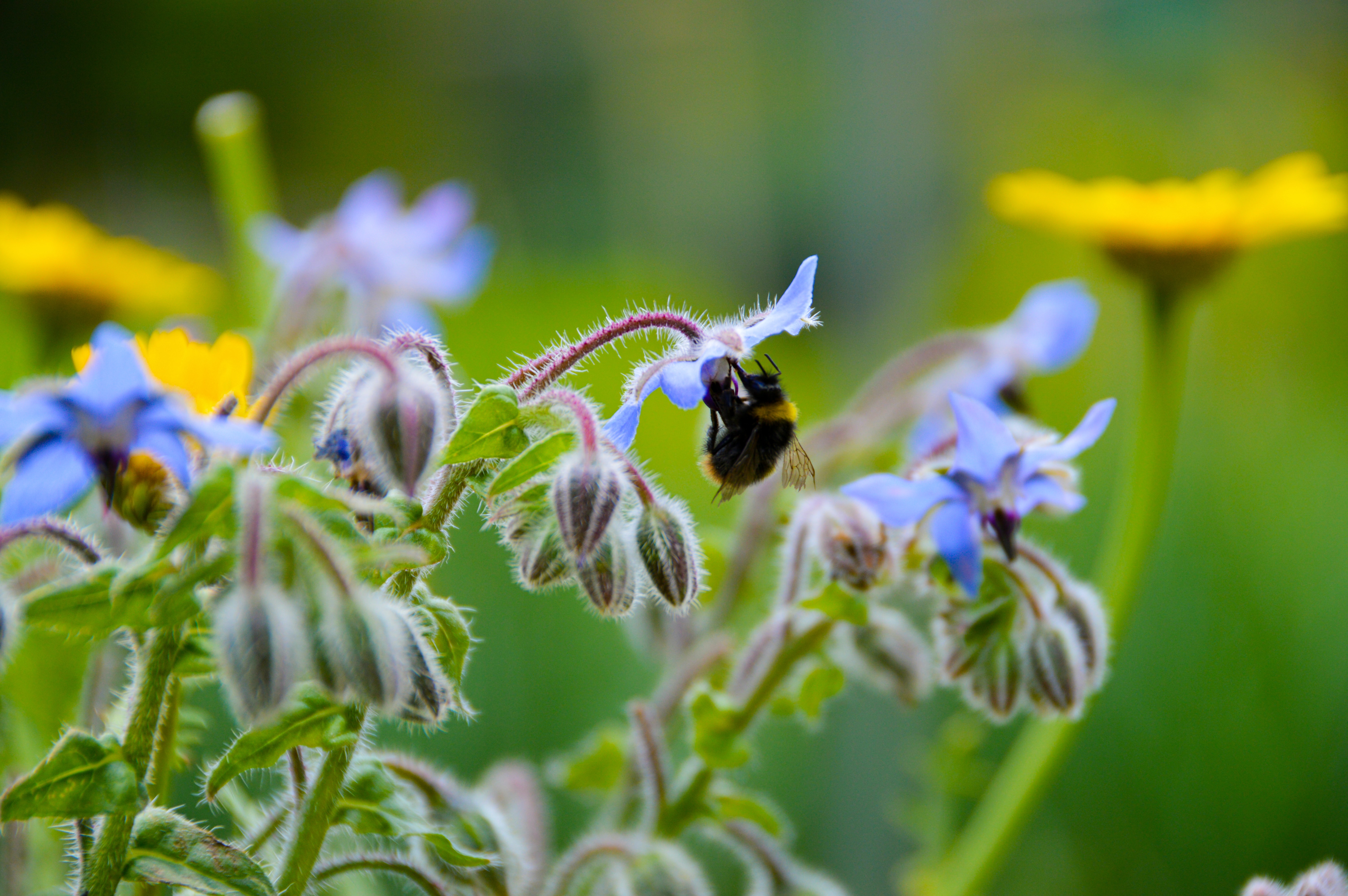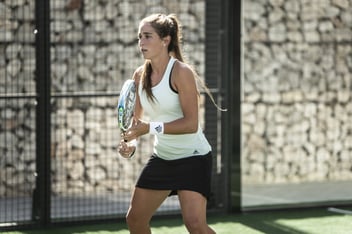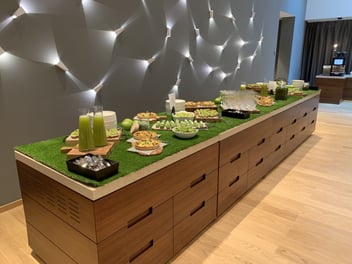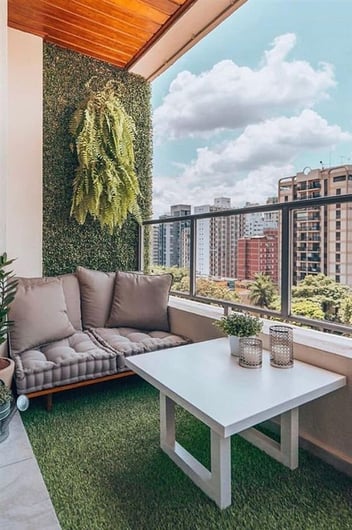Bee the change you want to see: boost the biodiversity of your garden!

It remains a (literally) hot topic: climate change, persistent heat and declining biodiversity due to the previous factors. Do you have a house or flat with a garden or even a large (roof) terrace? If so, you can already make many (small) adjustments to ensure that your garden is not only your place to be, but also the place for local flora and fauna.
Biodiversity can be promoted in many different ways, such as consuming more consciously (or let's call it consuming), eating more vegetarian food, choosing conscious types of wood for renovations and furniture, and also by taking a closer look at our garden.
By now, we are all familiar with actions such as don't mow May, but our garden can promote biodiversity all year round with a few changes. We give below some tips you can apply for a long-term positive effect!
Always combine grass with flowers, shrubs and/or trees
We don't have to explain that the lawn is the pride of many a Belgian. Yet an entire garden with only (artificial) grass is not exactly good for biodiversity. Make sure insects and other small animals can find a breeding ground with you by working with flower beds, shrubs and trees. Don't have a place or proper surface to lay out a flower bed? Then large flower boxes are always a great addition! The more plants and flowers the better, but every little helps.
Not all plants are the same
Choose a mix of different types of plants, shrubs and trees when planting the garden. In doing so, the following are good things to pay attention to:
- Shrubs and trees provide nesting places for birds, so are ideal for attracting them more. So choose, for example, a hedge as a partition instead of a fence if you have yet to make a decision on this.
- When buying flowers and plants, make sure they are grown organically first and foremost. This way, you avoid plants that are full of pesticides (for fast growing and cultivation) and that are harmful to bees, butterflies and bumblebees.
- In addition, choose native plants. A list of the top 10 perennials for bees and butterflies can be found here. Extra benefit: a lovely garden full of colour in the spring and summer months!
Welcome birds and other animals
By providing water in small, shallow containers all year round, you attract birds. You can also provide extra seeds, fat balls or sunflower seeds during the harsh winter months. Besides birds, you can also invite other critters (insects, hedgehogs, etc.) into your garden by creating natural hiding places. Think piles of stones, tree trunks or logs where animals can hide or nest. These hiding places provide protection from predators and create a habitat for small animals.
Be smart with water
Water is vital for flora and fauna:
-
Have you yet to lay out your garden? Then choose planting and a substrate that can withstand longer periods of drought. That way you reduce the water needed at times of heat and drought, when water is also more scarce.
-
Still want a soil that is low maintenance? Then choose ground covers that allow rainwater to pass through smoothly such as gravel, artificial grass (on sandy soil), bark,...
Fight nature with nature
Javel may be a quick way to get rid of weeds, but you are certainly not doing nature any favours. So choose natural weed killers and maintain the natural balance of your soil. A healthy soil also ensures that plants and flowers in that soil are less likely to get sick or fall prey to pests. Do you suffer from the boxwood moth or other insects? Then invite their natural enemies into the garden (great tits, magpies and jackdaws) through nesting boxes.
Make your garden an inviting place for flora and fauna and boost biodiversity by supplementing your lawn with colourful flowers (preferably native), bushes and trees where birds can make their nests. Invite insects and hedgehogs by making little 'hotels' in corners of the garden and always provide enough water in watering troughs. Whether you can apply a few of the above tips or gradually implement everything: every little bit helps and even small positive changes are better than none at all!
Photo by Henry Perks


